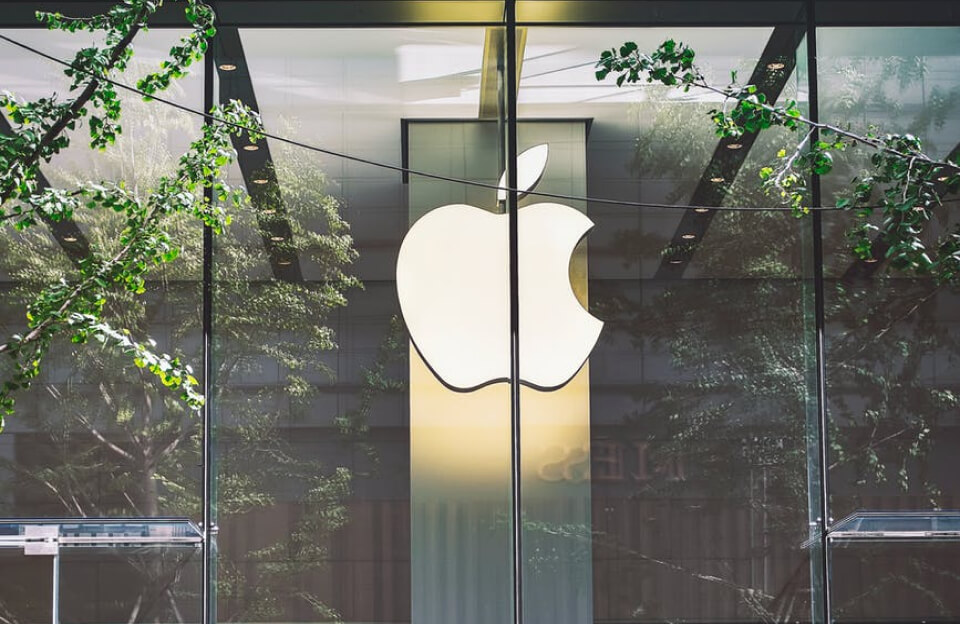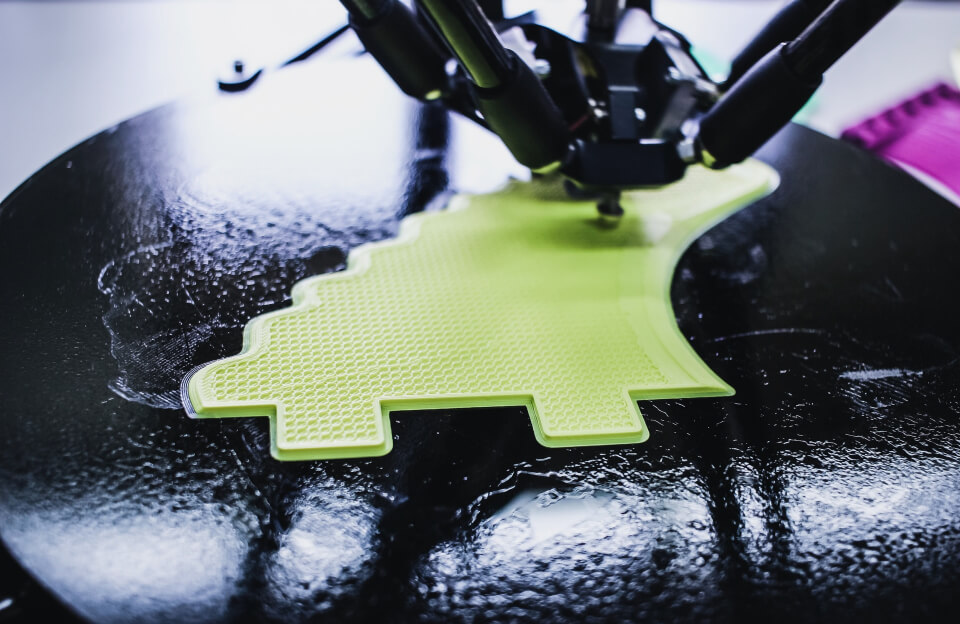
In 2025, artificial intelligence has stepped out of the labs and into our daily lives—not just as chatbots or virtual assistants, but as fully autonomous AI agents.
These next-gen AI agents don’t just respond—they act. They manage your calendar, negotiate bookings, buy groceries, analyze emails, and even monitor your health, all in real-time. Think of them as personal Chief of Staff running quietly in the background.
What’s Driving the Surge?
- Multimodal AI: Agents now process text, voice, images, video, and sensor data at once. This allows smarter, more human-like responses.
- Tool Use and Autonomy: Agents are no longer limited to answering questions—they can use apps, browse the web, fill forms, send emails, and make purchases.
- Enterprise Adoption: Businesses are deploying AI agents to automate everything from onboarding employees to handling customer support and sales.
- Wearable Integration: Smartwatches and AR glasses now run mini-agents that keep tabs on your mood, stress, and productivity—all in real-time.
Real-World Examples
- Recruiters use AI agents to pre-screen candidates, schedule interviews, and even draft follow-up emails.
- Remote teams rely on agents to summarize meetings, assign action items, and track deadlines.
- Individuals are delegating travel planning, budget tracking, and even creative tasks like social media posting.
Job Displacement or Job Evolution?
While some fear displacement, experts say AI agents will augment, not replace—allowing professionals to offload repetitive tasks and focus on strategy and creativity.
A Growing Market
According to a recent report by Gartner, 60% of knowledge workers will use AI agents daily by 2026, and the AI agent market is expected to grow by 42% CAGR through 2030.
Conclusion
We’re moving from “using AI” to collaborating with AI. In a few years, having a personal AI agent will be as normal as using a smartphone. 🧠 Ready or not, AI agents are becoming the new digital coworkers—and maybe even digital companions.





